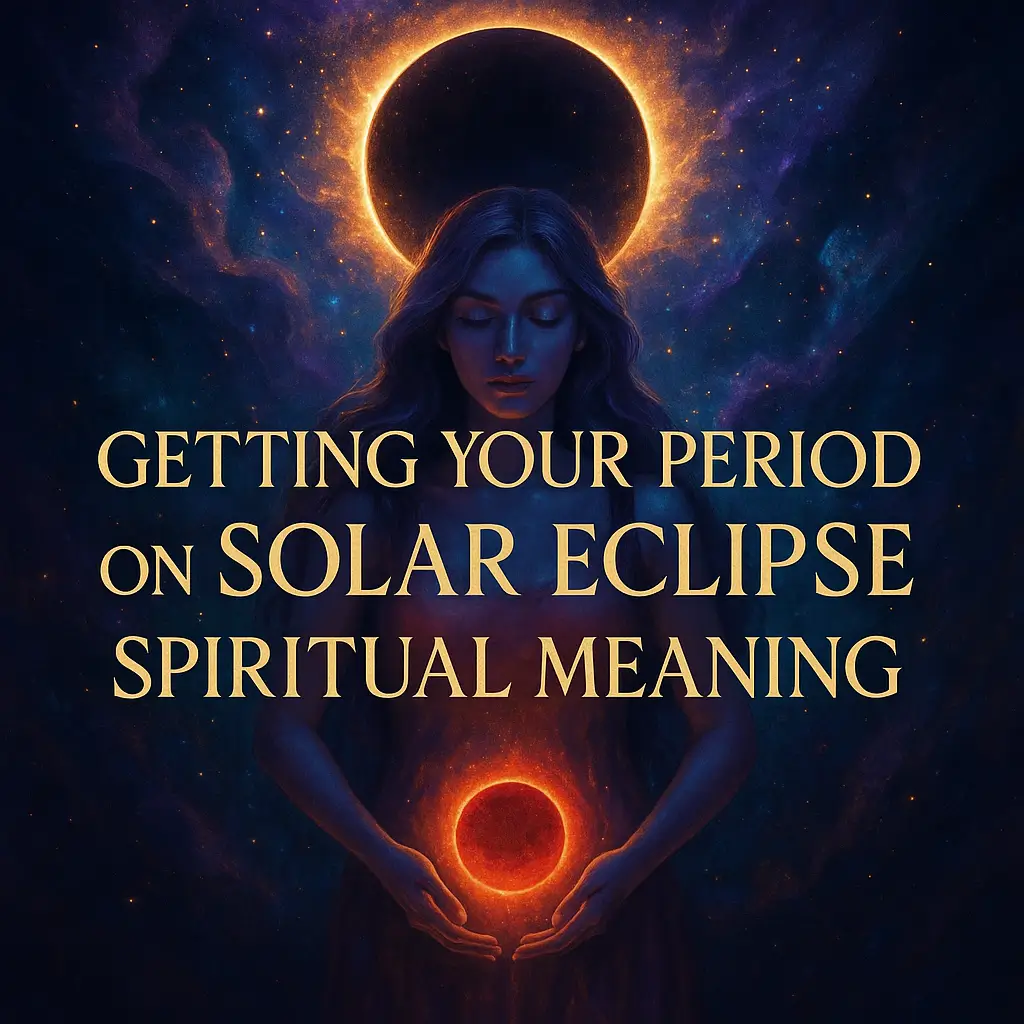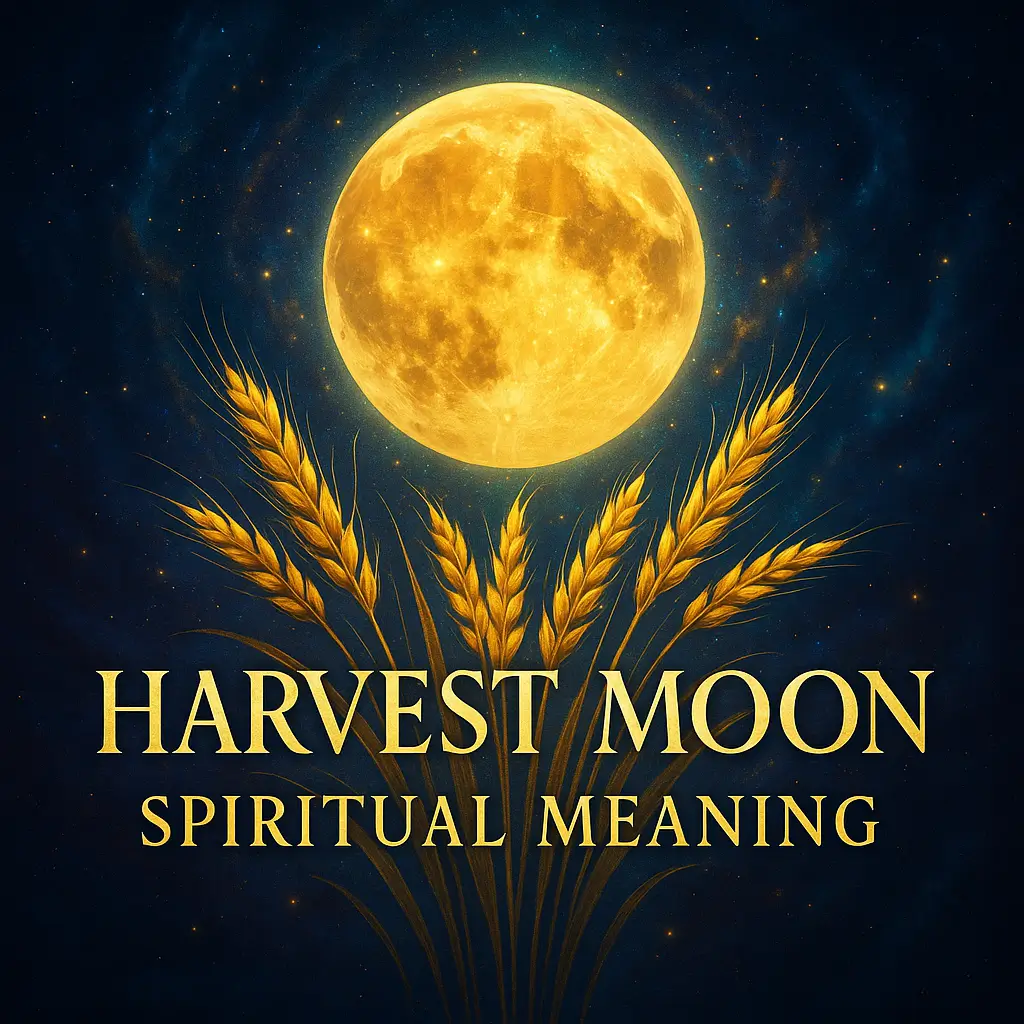The gentle ripple of water stills as we stand at the edge where life transitions to death. When we encounter a dead duck in our path or contemplate its metaphorical meaning, we’re invited into a sacred moment of reflection that transcends ordinary awareness. The dead duck—both as a physical encounter and as the well-known idiom—carries layers of spiritual significance that have resonated through human consciousness for millennia. Unlike the harsh finality suggested by the “dead duck idiom sentence” that implies something is beyond hope, the actual symbolism offers profound wisdom about transformation.
Ducks naturally navigate three elements—earth, water, and air—making them powerful messengers about our own capacity to move between different states of being. Whether you’ve stumbled upon this symbol through an actual encounter, a dream, or simple curiosity about linguistic origins, this exploration offers a compassionate guide through endings that inevitably birth new beginnings.
Table of Contents
- 1 Key Takeaways
- 2 What Does “Dead Duck” Mean as an Idiom?
- 3 The Spiritual Meaning of Encountering a Dead Duck
- 4 Symbolism Across Cultures
- 5 Dead Duck Meaning in Dreams or Visions
- 6 What Does Finding a Dead Duck Signify?
- 7 What Should You Do If You Find a Dead Duck?
- 8 Common Myths and Misconceptions
- 9 Beyond the Literal: Duck Symbolism in Your Spiritual Journey
- 10 Final Reflections: Message from Spirit
- 11 FAQ
- 11.1 What is the dead duck meaning spiritual?
- 11.2 What is the dead duck meaning death?
- 11.3 How is the dead duck idiom sentence typically used?
- 11.4 What does dead duck crossword clue usually refer to?
- 11.5 What is the dead duck origin?
- 11.6 What does dead duck nyt refer to?
- 11.7 What is wet blanket meaning?
- 11.8 What is the hang in there idiom meaning?
- 12 Sources
Key Takeaways
- A dead duck represents both an idiom meaning something with no chance of success and a spiritual symbol of necessary transitions and release.
- Encountering a deceased duck can serve as a symbolic messenger about endings, emotional release, and the need to adapt to new circumstances.
- Duck symbolism spans diverse cultural traditions, from Native American spiritual wisdom to Eastern philosophies about impermanence and effortless navigation.
- Dreams featuring dead ducks often reflect subconscious processing of abandoned opportunities or situations requiring transformation.
- Honoring a dead duck encounter through mindful rituals can help integrate its spiritual teachings about transition and adaptation.
What Does “Dead Duck” Mean as an Idiom?
The phrase “dead duck” has become firmly embedded in our collective vocabulary as a colorful way to describe something or someone that has absolutely no chance of success or survival. When we say a project is a “dead duck,” we’re effectively pronouncing its demise before it’s even fully concluded. The idiom carries a sense of finality and foregone conclusion that’s both pragmatic and somewhat harsh.
The dead duck origin traces back to 19th century America, first appearing in print during the 1830s. Its popularization is sometimes attributed to the hunting culture, where a duck that had been shot but continued to fly might still escape, while one that had dropped was undeniably “a dead duck”—beyond any hope of recovery. This practical observation from nature transformed into a metaphorical expression about hopeless situations.
When searching for “dead duck crossword clue,” you’ll often find reference to “hopeless case” or “doomed venture”—phrases that capture the idiom’s essence of inevitable failure. Political campaigns that have lost momentum, business ventures facing insurmountable obstacles, or relationships beyond repair might all be described using this blunt terminology.
Unlike the more encouraging “hang in there idiom meaning” which offers hope during difficulty, or the “wet blanket meaning” which describes someone who dampens enthusiasm, the dead duck idiom makes no attempt to soften its message of finality. It’s a linguistic acknowledgment that sometimes, things truly are beyond saving.
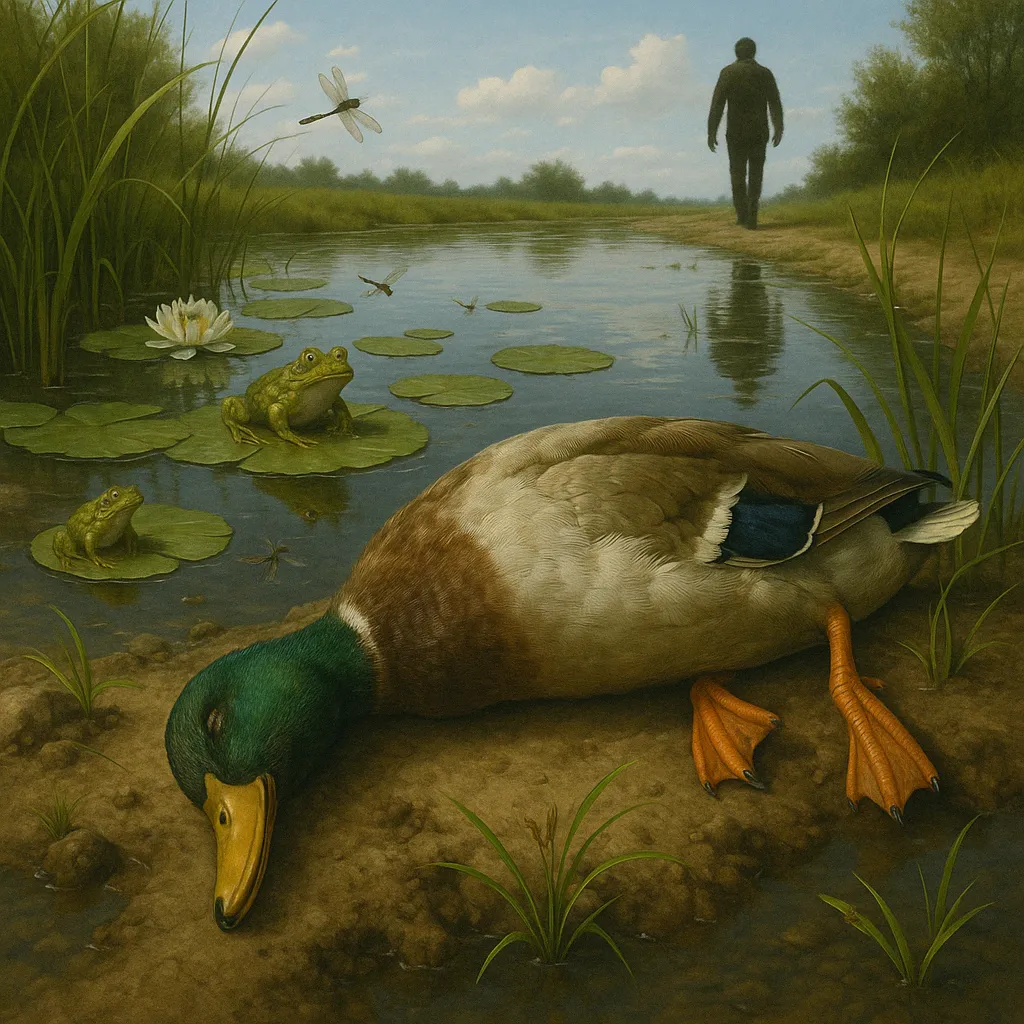
The Spiritual Meaning of Encountering a Dead Duck
Beyond linguistic expressions, physically encountering a deceased duck often carries profound spiritual significance. As creatures intimately connected to three elements—swimming through water, walking on earth, and flying through air—ducks symbolize remarkable adaptability and transition. When found deceased, this symbolism intensifies into a message about life’s impermanence and the sacred nature of all transitions.
The “dead duck meaning spiritual” interpretation often centers on the natural cycles of existence. Water, the duck’s primary element, represents emotional fluidity and the subconscious mind. A deceased duck may therefore symbolize the necessary release of emotional patterns that no longer serve your highest good. This mirrors teachings from duck symbolism traditions that emphasize emotional intelligence and adaptability.
The location and circumstances of your encounter further refine its meaning. Finding a dead duck near water might emphasize emotional transitions, while one found on a path could signify a necessary ending along your life journey. The timing is equally significant—during spring it might represent sacrificing old growth for new possibilities, while in autumn it could reflect the natural surrender to life’s cycles.
Many spiritual traditions view such encounters as moments when the veil between worlds thins, allowing messages to pass through. Rather than viewing “dead duck meaning death” in a literal sense, spiritual practitioners often interpret it as symbolic death—the necessary ending that precedes meaningful transformation and renewal.
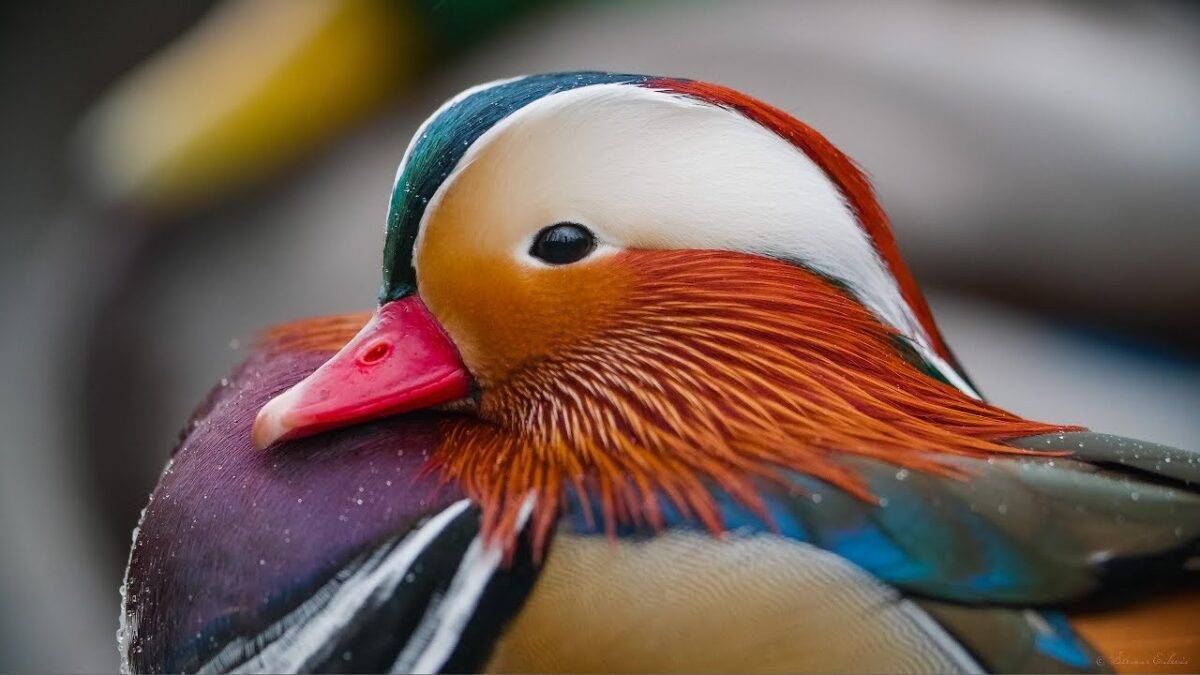
Symbolism Across Cultures
Native American Perspectives
In many Native American traditions, ducks hold a sacred position as messengers between the physical and spirit realms. Their ability to navigate multiple elements made them powerful symbols of mediation between different states of consciousness. When a duck appears deceased, many tribal interpretations view this as an intensification of its messenger role—the spirit of the duck serving as a psychopomp, or guide between worlds.
Several creation stories feature ducks as instrumental beings who dive deep into primordial waters to bring up earth, helping to form the physical world. This connection to world-creation energy means that when a duck is found deceased, it might signal a profound restructuring of one’s personal reality. Some traditions practice ceremonies honoring encountered deceased animals, acknowledging their sacrifice and the teaching they bring.
The Lakota, Ojibwe, and other Nations sometimes incorporated duck imagery into ceremonial items, recognizing their medicine as one of adaptability and emotional intelligence. The dead duck, in these contexts, often signified the need to release attachment to a particular element (earth, water, air) and embrace a more holistic perspective.
Eastern Traditions
Buddhist philosophies particularly resonate with dead duck symbolism through their emphasis on impermanence (anicca). The deceased duck serves as a perfect natural embodiment of this fundamental teaching—that all phenomena are in constant flux, arising and passing away. Rather than cause for despair, this recognition liberates the practitioner from unhealthy attachments.
In Taoist traditions, the duck exemplifies the principle of wu wei—effortless action in harmony with natural currents. A duck glides seemingly without struggle, yet achieves perfect movement. When encountered deceased, Taoist interpretations might focus on the natural completion of a cycle, reminding us that resistance to life’s flow creates suffering, while acceptance brings peace.
Hindu mythology connects ducks (particularly swans or hamsa) with several deities associated with water and transformation. The departed duck might symbolize the soul’s journey toward liberation (moksha), having completed its worldly purpose and moving toward higher realms of existence.
Western Esoteric Traditions
Alchemical traditions view the dead duck through the lens of transformative processes, particularly the stage of nigredo or blackening—the necessary decomposition that precedes the creation of the philosopher’s stone. This mirrors the duck’s natural connection to water, associated with dissolution and emotional purification in alchemical symbolism.
In Tarot symbolism, the duck’s death corresponds not just with the literal Death card (which represents transformation rather than physical ending), but also the Hanged Man, suggesting a perspective shift and willing surrender. Celtic and Norse traditions recognized waterfowl as boundary-crossers, capable of moving between the mundane world and the Otherworld or Valhalla.
Western mystical interpretations often emphasize the duck’s connection to intuition and emotional wisdom. Its passing might therefore symbolize a transition from emotional knowing to spiritual knowing—an evolution of consciousness rather than a true ending.
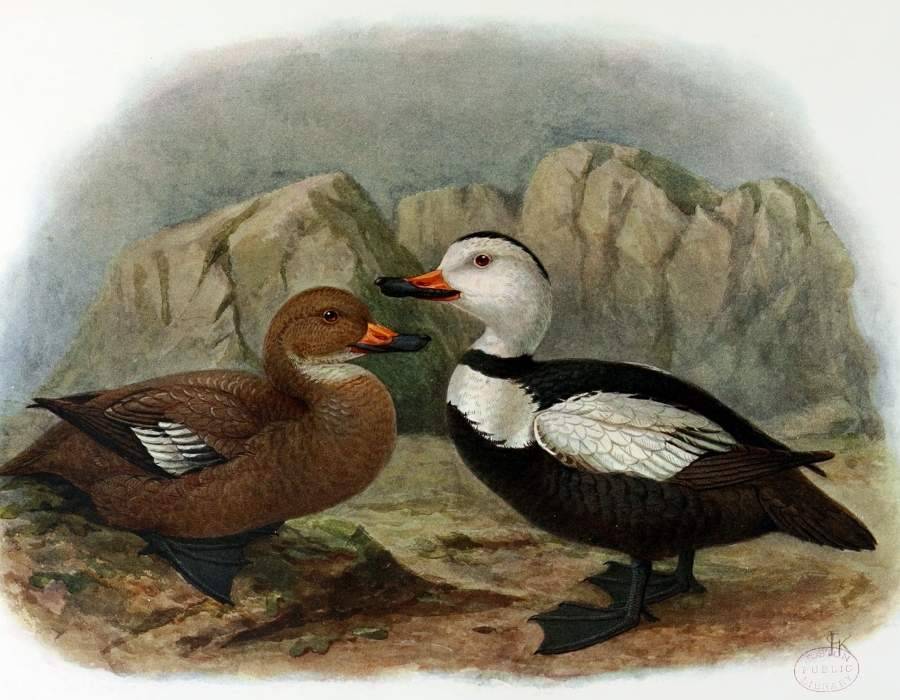
Dead Duck Meaning in Dreams or Visions
Dreams featuring a deceased duck often emerge from the depths of our subconscious, carrying messages about transformation and release. From a Jungian perspective, the duck represents our ability to navigate emotional waters (the unconscious) while maintaining connection to solid ground (consciousness) and the realm of thought (air). Its death in dreamtime frequently signals a necessary ending to emotional patterns or perspectives that limit growth.
The context matters significantly. A peaceful-looking dead duck might represent gentle transition, while one that appears distressed could indicate resistance to necessary change. Water conditions surrounding the duck further refine the message—calm waters suggest emotional acceptance, while turbulent waters might reflect inner turmoil about an impending transition.
Dream workers recommend journaling about such dreams with specific questions:
- What in my life feels like it’s coming to a necessary end?
- What emotions am I struggling to release?
- Where am I resisting natural transitions?
- What aspect of myself needs to “die” so something new can emerge?
These images often appear during periods of significant life change or when we’re avoiding necessary endings. Rather than fearful omens, they typically represent the psyche’s attempt to process transition. They connect powerfully to shadow work—the integration of disowned aspects of self—inviting us to acknowledge what we’ve been unwilling to see.
What Does Finding a Dead Duck Signify?
Timing and Synchronicity
The moment when a dead duck crosses your path often carries synchronistic significance beyond mere coincidence. Many spiritual traditions emphasize that the timing of such encounters correlates meaningfully with your life circumstances. Finding a dead duck during major life decisions may represent confirmation that something must end before new growth can begin.
Seasonal context adds another layer of meaning. Spring encounters might suggest sacrificing comfort for necessary growth, while autumn findings often reflect the natural surrender to life’s cycles. The moon’s phase during your encounter further refines interpretation—new moons emphasizing beginnings born from endings, full moons highlighting emotional culminations.
Personal timing creates the most intimate framework for understanding. A dead duck appearing before a job interview might suggest releasing anxiety about outcomes, while one encountered during relationship transitions could signify emotional patterns ready for release.
Location Meaning
Where you discover the deceased duck significantly shapes its message. Finding one on your doorstep carries different implications than encountering it on a public path or near a body of water. Threshold locations (doorways, gates, bridges) often signify transitions between different states of being or phases of life.
A dead duck on private property might indicate personal transformation requiring attention, while one in public spaces could relate to social transitions or community changes. The dead bird omen tradition recognizes that direction also matters—eastern discoveries relating to new beginnings, western findings to completions, northern encounters to challenges, and southern discoveries to emotional healing.
Water proximity intensifies the emotional significance. The closer to water, the more likely the message relates to emotional release and subconscious patterns. Distance from water might indicate greater connection to practical manifestations of change in your tangible reality.
Spiritual Messages
At its core, the dead duck often symbolizes the release of emotional burdens that have become too heavy to carry. Its message encourages graceful surrender to life’s natural cycles of ending and beginning, rather than resistance that prolongs suffering.
The duck’s natural adaptability between elements reminds us to remain flexible during transitions. Just as the duck navigates water, land, and air with equal ease, we’re invited to adapt to changing circumstances rather than remaining rigidly attached to familiar patterns.
Many spiritual traditions interpret such encounters as moments when the divine intelligence of nature communicates directly with human consciousness. The message often centers on flow—accepting life’s currents rather than exhausting ourselves fighting against inevitable change.
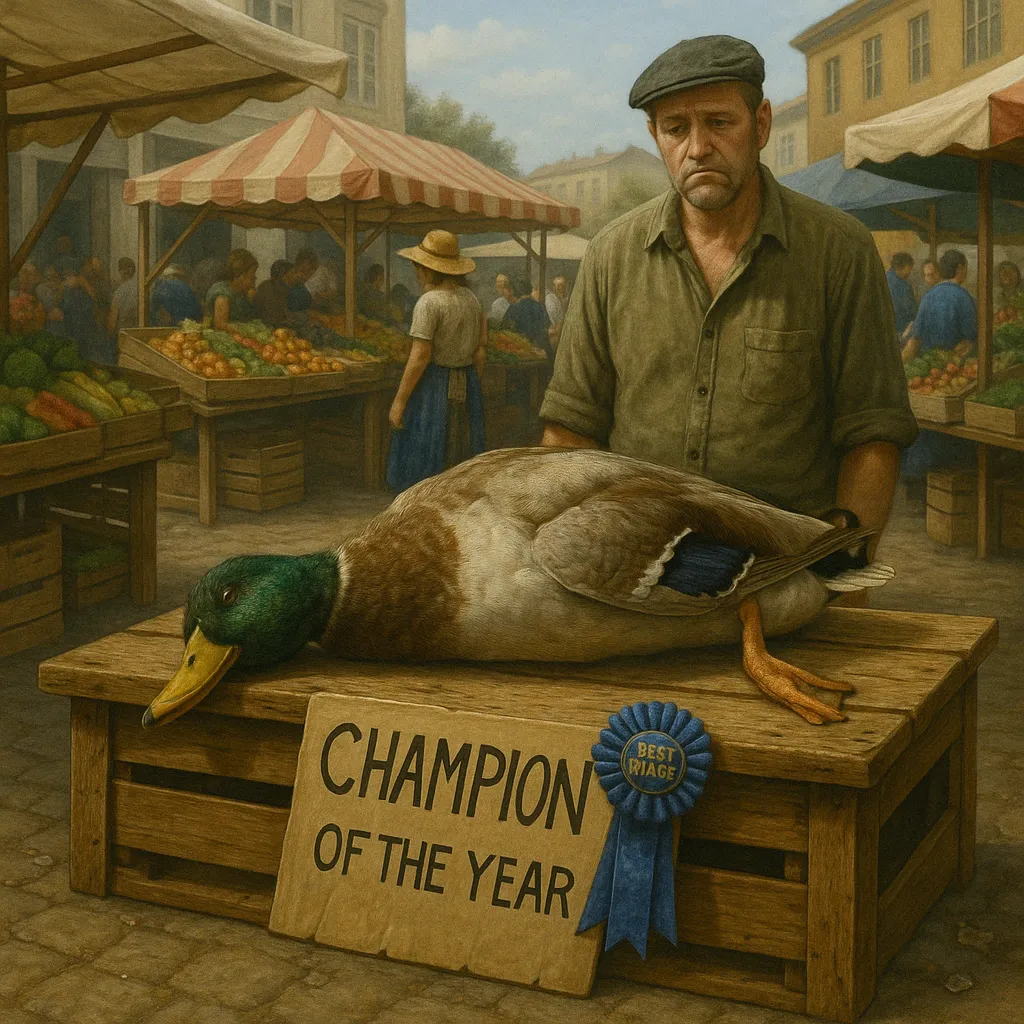
What Should You Do If You Find a Dead Duck?
Practical Considerations
When encountering a deceased duck, balancing practical care with spiritual respect creates a mindful response. First, observe basic health precautions—avoid direct contact if possible, or use gloves if handling is necessary. Some duck species may carry avian diseases, so handwashing afterward is essential.
If you’re on public land, consider notifying local wildlife authorities, especially if the death seems unusual or if multiple birds are affected. This awareness might help identify environmental issues affecting local wildlife. For discoveries on private property, respectful burial away from water sources is appropriate if local regulations permit.
Taking a photograph (rather than keeping physical remains) offers a way to honor the encounter while avoiding potential health or legal issues with wildlife. This also provides opportunity for later reflection on the message and significance of the timing.
Spiritual Practices
Honoring the encounter through mindful ritual creates meaningful closure and helps integrate its spiritual teaching. Begin with a moment of gratitude for the duck’s life and the message it brings. Some traditions suggest speaking aloud: “I honor your journey and receive your teaching about transition.”
A simple water-based meditation reflects the duck’s natural element:
- Fill a small bowl with water
- Float a feather or leaf representing the duck’s spirit
- Reflect on what needs release in your life
- When ready, pour the water onto earth, symbolizing the return to source
Journaling creates space for deeper integration through questions like: What transitions am I currently navigating? What feels like it’s dying in my life? What emotional patterns am I ready to release? This practice transforms a potentially unsettling encounter into a catalyst for growth and self-understanding.
Common Myths and Misconceptions
Despite rich spiritual traditions surrounding deceased animals, fear-based superstitions often overshadow deeper meanings. The most persistent myth claims finding a dead duck brings bad fortune or signals impending doom. Historical context reveals these beliefs emerged primarily from times when unexplained animal deaths often preceded human disease outbreaks—a practical correlation misinterpreted as supernatural causation.
Another common misconception suggests that encountering any dead animal represents punishment or negative karma. This contradicts most authentic spiritual traditions, which view such encounters as neutral teachers rather than judgments. The natural cycle of life and death plays out constantly around us, with no inherent moral significance attached to its timing.
Some cultural misappropriations twist indigenous teachings about animal messengers into rigid formulas divorced from their original context. Authentic traditional interpretations emphasize personal discernment and relationship with nature, not one-size-fits-all omens. Each encounter’s meaning emerges through conscious reflection on personal circumstances and timing.
Rather than fearful interpretations, most spiritual traditions view dead animal encounters as opportunities for growth and awareness. They invite us to transform potentially disturbing experiences into moments of connection with life’s natural cycles and our place within them.
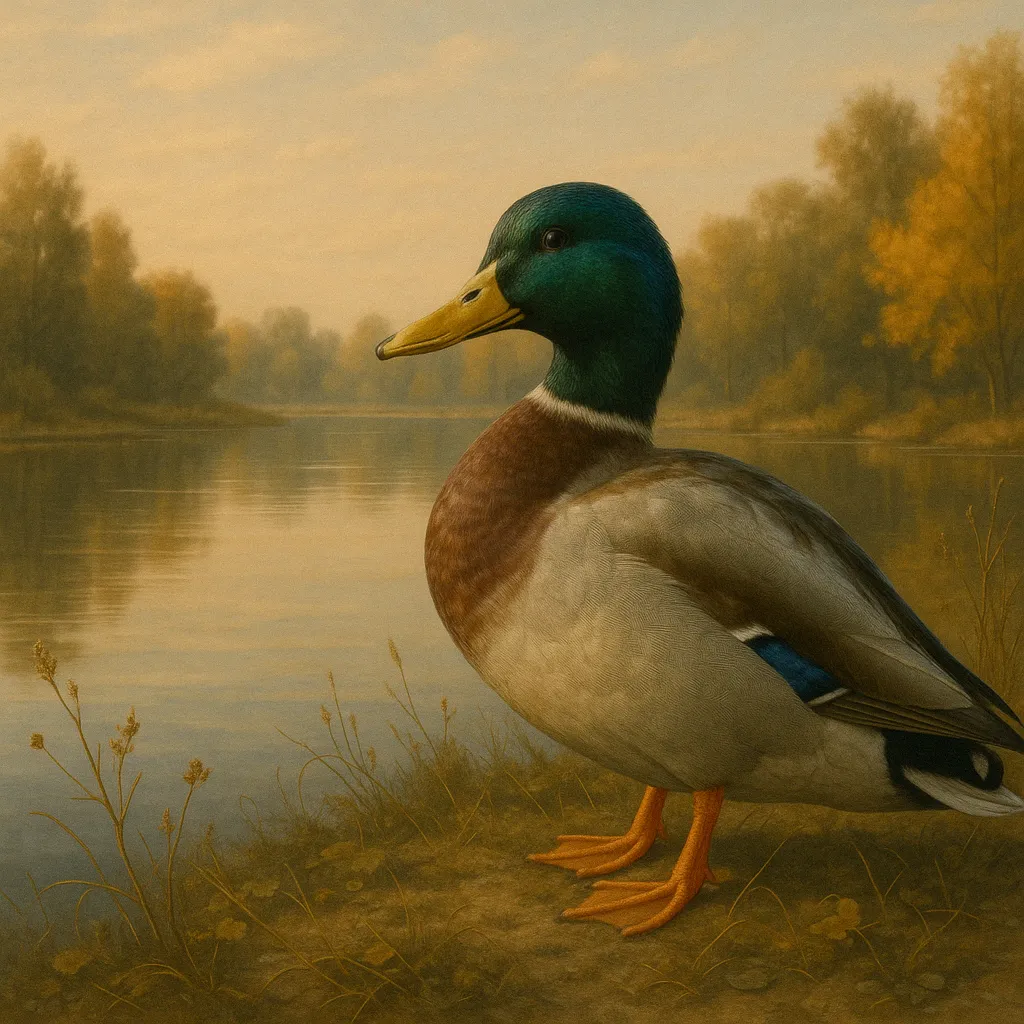
Beyond the Literal: Duck Symbolism in Your Spiritual Journey
Working with duck energy—even through encounters with its physical departure—offers profound teachings about emotional navigation and spiritual adaptability. In shamanic practice, “duck medicine” represents comfort with multiple realms of existence and the ability to dive beneath surface appearances to retrieve deeper wisdom.
This medicine becomes especially potent when encountering a deceased duck, as it connects us directly with transformation energies. Many practitioners suggest a daily meditation inspired by the duck’s natural abilities:
- Ground yourself like a duck on land (physical awareness)
- Feel emotions flow like a duck in water (emotional fluidity)
- Access higher perspective like a duck in flight (spiritual vision)
- Integrate all three elements into harmonious being
The duck’s teaching about effortless movement between different “elements” of life offers practical wisdom for navigating transitions. Rather than compartmentalizing our existence into work self, family self, and spiritual self, duck energy encourages fluid integration. This becomes especially relevant during major life changes when we must adapt to new circumstances without losing our essential nature.
Creating a small altar with blue objects (representing water), feathers (representing air), and stones (representing earth) can serve as a daily reminder of the duck’s teaching about navigating life’s elements with grace and adaptability.
Final Reflections: Message from Spirit
The dead duck invites us into deeper contemplation about what needs to gracefully conclude in our lives to make space for new growth. This natural messenger reminds us that resistance to inevitable transitions only creates suffering, while acceptance allows us to flow with life’s currents. The duck’s teaching centers on adaptability—its ability to navigate multiple elements mirrors our own capacity to move between different aspects of existence.
Consider what aspects of your life feel complete but remain unacknowledged. What relationships, beliefs, or identities have served their purpose but continue through momentum rather than vitality? The duck’s message encourages honest assessment of what deserves honorable release.
A simple ritual for honoring this teaching involves writing what needs release on biodegradable paper, then dissolving it in water or burying it in earth. As you do, acknowledge: “I honor what has been, release what is complete, and open to what is emerging.”
The cycles of ending and beginning exist not as separate events but as continuous flow—just as the duck moves seamlessly between elements. When we resist necessary endings, we prevent new beginnings from fully emerging. The dead pigeon meaning carries similar symbolism about necessary surrender and transformation.
In essence, the dead duck offers this blessing: May you navigate transitions with grace, release with gratitude what has completed its purpose, and remain open to the new forms emerging from apparent endings.
FAQ
What is the dead duck meaning spiritual?
Spiritually, a dead duck symbolizes necessary transitions, emotional release, and the completion of a significant life cycle. It often serves as a messenger about letting go of what no longer serves you and embracing life’s natural flow. This symbol invites deeper reflection on what aspects of yourself or your life need honorable release to make space for renewal.
What is the dead duck meaning death?
Rather than literal death, finding a dead duck typically symbolizes the natural ending of a phase, relationship, or belief system. It represents the transformative death of outdated patterns and perspectives that must conclude before new growth can begin. Many traditions view it as a compassionate reminder about life’s necessary cycles of completion and renewal.
How is the dead duck idiom sentence typically used?
A typical dead duck idiom sentence might be: “After losing their major investor, the project was a dead duck.” The phrase describes something with absolutely no chance of success or survival. Unlike its spiritual counterpart, the idiom emphasizes finality and foregone conclusion, often used in business, politics, or relationships to indicate hopeless situations.
What does dead duck crossword clue usually refer to?
The dead duck crossword clue typically refers to phrases like “lost cause,” “hopeless case,” or “doomed venture.” Crossword puzzles use this familiar idiom to indicate something beyond salvation or without chance of success. The clue might also reference related concepts like futility, inevitable failure, or situations beyond repair.
What is the dead duck origin?
The dead duck idiom originated in 19th century America, first appearing in print during the 1830s. Its roots likely trace to hunting culture, where a duck that had been shot and fallen was undeniably “a dead duck”—beyond recovery. The phrase gradually evolved into a metaphor for any hopeless situation, becoming firmly established in common language by the early 1900s.
What does dead duck nyt refer to?
The term “dead duck nyt” typically refers to the idiom’s appearance in New York Times crossword puzzles or articles. The NYT frequently uses this colorful phrase in political analysis, business reporting, or cultural commentary to describe ventures, campaigns, or initiatives that have lost viability and face inevitable failure despite continued efforts.
What is wet blanket meaning?
A “wet blanket” refers to someone who dampens enthusiasm or excitement, much like how a wet blanket might extinguish a fire. Unlike the finality of “dead duck,” this idiom describes a person who discourages others’ enjoyment or optimism through negative attitudes or excessive caution. The phrase often applies to individuals who diminish group energy.
What is the hang in there idiom meaning?
The idiom “hang in there” encourages perseverance and endurance during difficult circumstances. It offers reassurance that current challenges are temporary and worth enduring. Unlike “dead duck” which suggests no hope remains, this supportive expression conveys that with continued effort and patience, a positive outcome remains possible despite current struggles.

